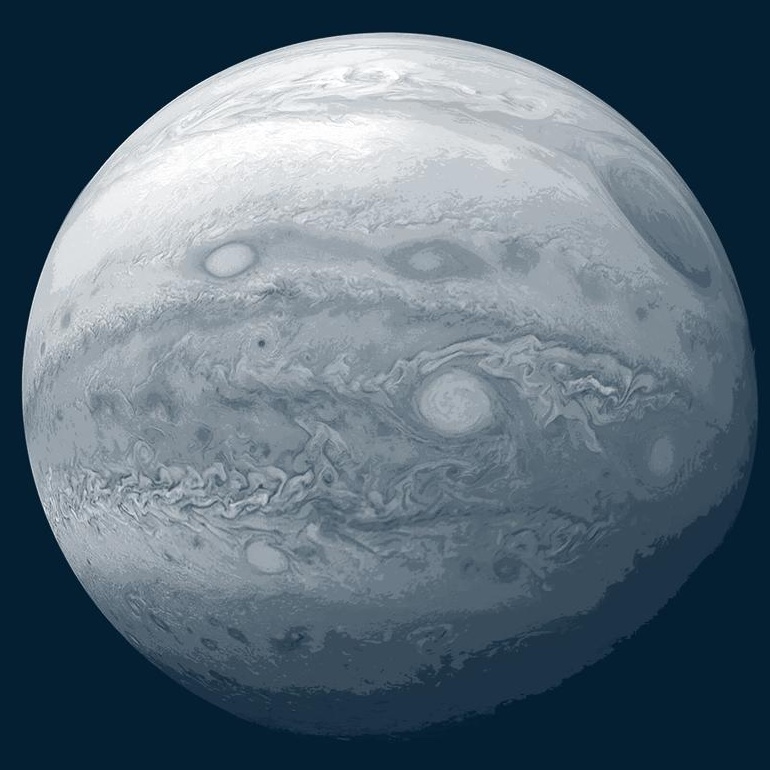
What we do
We work to discover why droughts, pluvials, and climate extremes happen. Additionally, we work to elucidate the nature of climate across geologic time and the nature of exoplanetary atmospheres. Our tools include data from the recent and distant past, climate models, and the best statistical techniques for the problem in front of us. Together as a lab and with scientists across the globe, we work to solve some of the most interesting problems in climate and planetary science.
Joining our lab
We're looking for curious, creative, and self-driven people to join our lab at Hebrew University. Different experiences, backgrounds, political viewpoints, and ways of thinking are vital to our group and for the problems we solve. If you're interested in our work, contact Nathan Steiger to discuss how you might join the lab as an undergraduate student, a graduate student, or a postdoctoral researcher.
In our group you'll work on scientific problems both independently and with other group members, as well as collaborating with scientists from Hebrew University and other universities where we have ongoing funded projects. Day-to-day, you'll use scientific computing software (like Python and Julia) to find meaningful patterns and relationships in large datasets, you'll build statistical models, you'll run climate model simulations, and you'll learn to communicate your results in presentations and publications.
But more important than just learning the mechanics of doing climate science, you'll learn some of the history and philosophy of science, how to ask insightful questions, what it means to do good science, and how to connect your work to a larger picture.
Not certain if you want to pursue an academic career? The skills you'll gain as a student or researcher in our group are highly valued outside the academic world—in tech, business, finance, and of course in companies working on climate-related challenges.